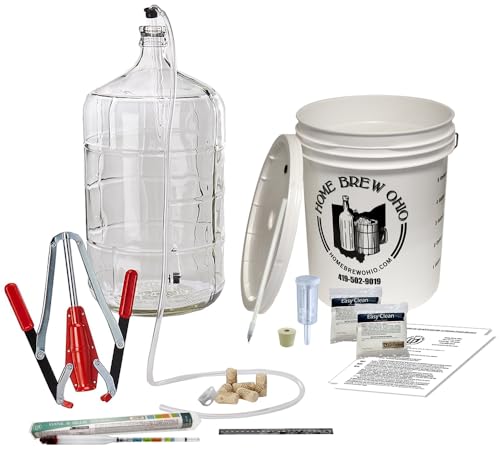I know, this is really a fringe growing technique but it's centuries old.
I made a couple test beds last year and I was pretty happy. I'm going to add more this year.
For the uninitiated, you dig a shallow trench and make a mound of logs, branches, yard waste, top it with some compost and then the soil removed at the beginning. It essentially becomes a mini compost pile. It retains moisture reducing watering, is a bit warmer because of the microbes, and becomes a nutrient rich garden bed. The mound will become a hump in 3-4 years. Of course you need a source of yard waste and I have boatloads every year. I don't burn. Some goes through the chipper shredder and on to a compost pile I manage. (It gets harder and harder to turn the piles every year! Jeeze louise!) And some goes to a corner of the property for Mother Nature to manage - takes about 5 or so years for Her.
Just wondering if anyone has knowledge of this being done for grapes.
My plan is to make a small experimental bed for a dozen or so vines this year and do the planting next year.
Just what I need - something ELSE that requires infinite patience.
I made a couple test beds last year and I was pretty happy. I'm going to add more this year.
For the uninitiated, you dig a shallow trench and make a mound of logs, branches, yard waste, top it with some compost and then the soil removed at the beginning. It essentially becomes a mini compost pile. It retains moisture reducing watering, is a bit warmer because of the microbes, and becomes a nutrient rich garden bed. The mound will become a hump in 3-4 years. Of course you need a source of yard waste and I have boatloads every year. I don't burn. Some goes through the chipper shredder and on to a compost pile I manage. (It gets harder and harder to turn the piles every year! Jeeze louise!) And some goes to a corner of the property for Mother Nature to manage - takes about 5 or so years for Her.
Just wondering if anyone has knowledge of this being done for grapes.
My plan is to make a small experimental bed for a dozen or so vines this year and do the planting next year.
Just what I need - something ELSE that requires infinite patience.




















































